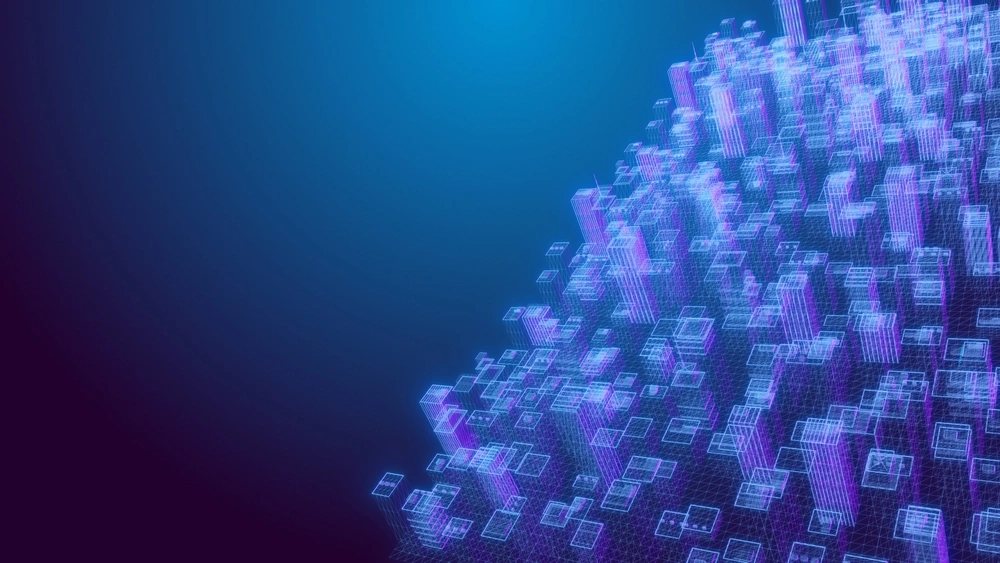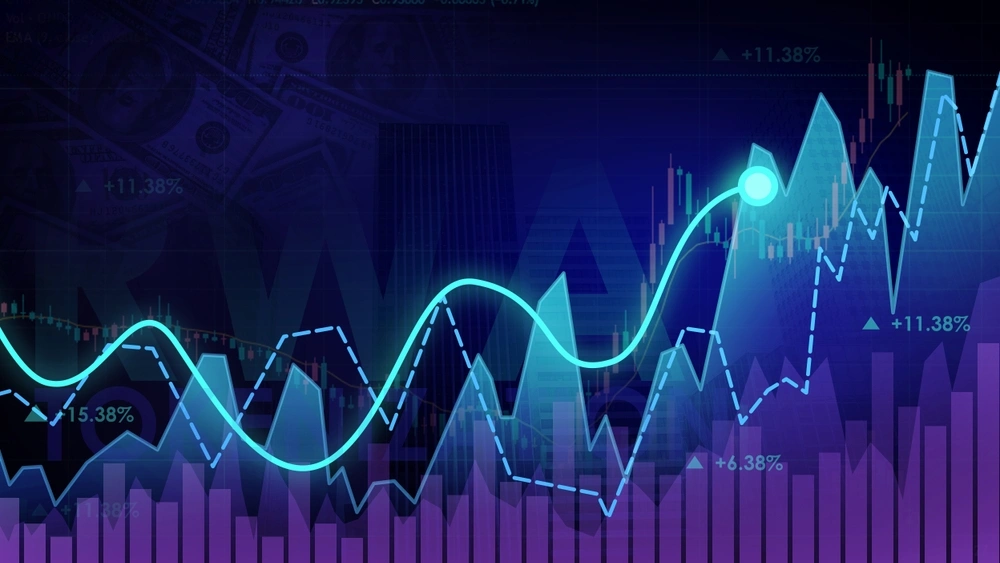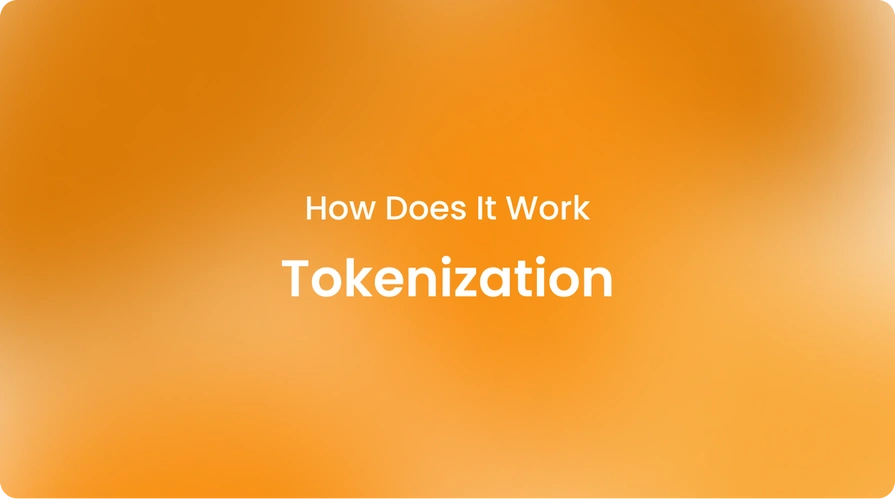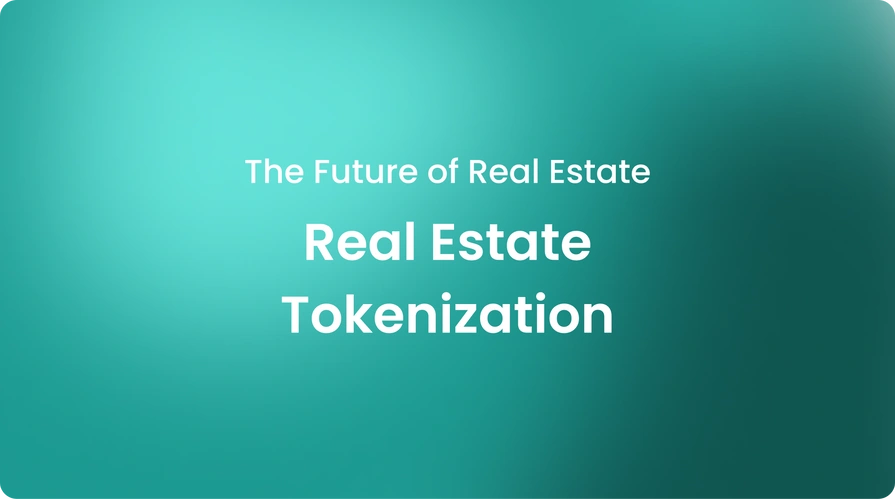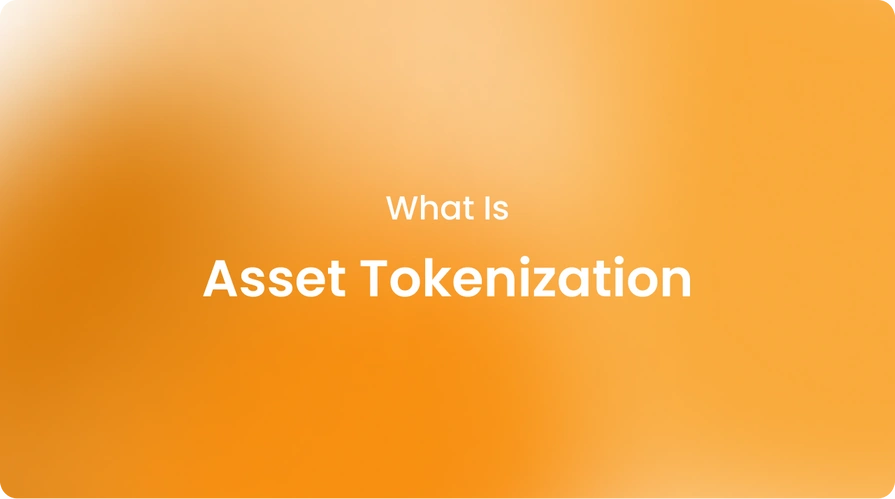|technology, knowledgehub
What Is RWA Tokenization?
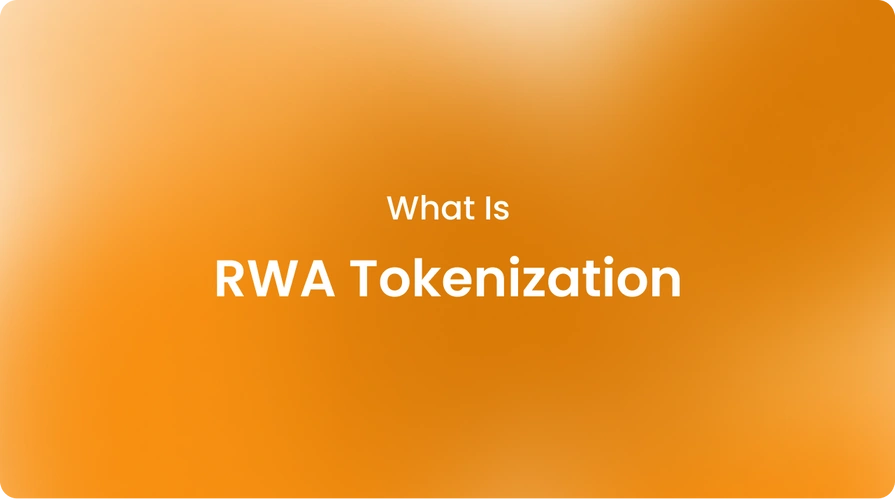
Real-world assets (RWAs) like real estate, art, precious metals, and equipment have long been mainstays of the traditional economy. However, these assets also have untapped potential that remains inaccessible to many. This is where RWA tokenization comes in.
By representing ownership of RWAs through digital tokens on a blockchain, a process called tokenization, this potential can be unlocked. In this article, we will explore what RWA tokenization is, provide examples of how it works today, and discuss why it represents the future of investment.
What is an example of a real-world asset?
Some common types of assets that can be tokenized include real estate, art, securities, equipment, and natural resources. As one example of a real-world asset, precious metals like gold are iconic real-world assets with an established market.
Through RWA tokenization, gold could be represented as tokenized gold coins on a blockchain. Each token would entitle its holder to a certain amount of physical gold stored in a secure vault. This brings the ancient store of value into the digital era while retaining the asset's intrinsic worth.
What is an example of real-world asset tokenization?
One prominent example of real-world asset tokenization is real estate. A multi-family apartment complex could issue APART tokens on Ethereum that represent fractional ownership of the property.
The tokens are ERC20 compliant, allowing them to be easily purchased, exchanged, and held in any Ethereum wallet. APART holders receive a share of rental income and asset appreciation proportional to their token ownership.
They can also freely trade their tokens on decentralized exchanges, bringing unprecedented liquidity to real estate. Make sure to check out “Real Estate Tokenization” for further details!
What is RWA in Web3?
Bringing traditional assets onto blockchain networks has far-reaching potential to realize the vision of a ubiquitous, globally accessible "World Wide Web of Value," also known as Web3.
By making assets digital and liquid, RWA tokenization allows anyone with an internet connection to participate in things like real estate, fine art, and natural resources that were previously closed-off markets.
This promotes greater financial inclusion and helps realize blockchain's promise of an open, trustless, and decentralized global economic system. For example, tokenizing farms or agricultural land in developing countries promotes accessibility, which increases financial inclusion in local communities.
Furthermore, integrating tokenized real-world assets with DeFi applications builds a new open finance paradigm where digital and real-world value intertwine seamlessly on public blockchains for the benefit of all.
Is it possible to tokenize physical assets?
Yes, through a process called fractionalization, any physical object of value can be tokenized. The key is verifying ownership of the underlying asset, then issuing tokenized ownership shares on a blockchain that are tradable and divisible.
For example, high-end watches, rare collectibles and cultural artifacts, specialized equipment, and other physical goods could have their ownership fractionalized and represented by tradeable blockchain tokens.
This allows assets that were previously trapped in illiquidity to enter new markets. The record of authentic ownership on a trusted blockchain public ledger also helps tackle fraud and prove provenance.
RWA tokenization ushers in a new era of open yet verifiable asset ownership that was not possible before through old paper-based systems alone. With compliant regulation and security controls, almost any physical item can be tokenized to unlock its inherent financial value.
What are the problems with tokenized real-world assets?
While RWA tokenization offers many benefits, there are also challenges to address for mass adoption. For one, integrating legacy asset management systems and paperwork trails with blockchain networks requires careful governance design.
There are also open questions around regulating a new tokenized asset class and complying with securities laws, depending on the nature of the tokenized asset.
Fragmented oversight by different authorities based on the asset type is another hurdle. Additionally, as a new technology, blockchain networks themselves pose security challenges that nascent CEXs and DEXs are addressing.
Lack of interoperability between blockchains also inhibits widespread use cases until the technology matures. RWA tokenization is still in its early days; with effort towards standardization and compliance, most hurdles can be systematically overcome.
How do you tokenize real assets?
The basic process to tokenize real assets involves establishing clear ownership of the underlying asset, creating a compliant smart contract, and issuing ERC-20 and ERC-721 compatible tokens on a blockchain. Key steps include:
- Verifying ownership and legal rights to the asset
- Valuing and legally structuring the tokenized asset
- Developing the tokenization smart contract
- Conducting a security audit of the smart contract
- Issuing the tokens and listing them on supporting protocols
- Integrating custody, exchange, and transaction settlement
- Ongoing governance, reporting, and regulatory compliance
Done correctly with the help of legal and technical experts, any asset, from real estate to auto loans, can be represented on a blockchain through responsible RWA tokenization.
Regulation will also evolve, but the core model empowers greater access, liquidity, and transparency for investors and asset owners alike.
By partnering with an expert crypto service provider, you can benefit from the opportunities tokenization offers. Cryptobunq is a secure, one-stop-shop crypto service provider that offers tokenization solutions for individuals and businesses.
Apart from tokenization, Cryptobunq also offers services such as crypto checkout and invoicing, batch crypto payments, crypto exchange API, node as a service, and more. If you would like to further explore our solutions before your final decision, make sure to check out our latest case studies!
Why is tokenization the future of real estate investment?
Tokenizing real estate promises to catalyze capital flows into one of the world's largest and most institutionally anchored asset classes.
By making the illiquid liquid through fractionalization, retail investors globally gain affordable exposure previously reserved for accredited giants. This democratizes profits from real-world assets that are usually inaccessible to most.
Perhaps most significantly, blockchain enables 24/7 global trading of tokenized property with instant finality—a paradigm shift from the traditionally clumsy process still dependent on legal jurisdictions and paperwork.
Post-issuance, assets also gain programmable liquidity through integrations with promising DeFi protocols, unlocking new value-add opportunities around diversification, lending, and more.
With ongoing advancement in self-sovereign digital identity, tokenization of real estate investment may even facilitate entirely new asset-backed financing and ownership models, evolving the entire sector.
Provided it enhances transparency while complying with securities regulation, real estate tokenization has the potential to systematically replace analogue processes with trustless digital alternatives—a notion quite literally revolutionary for one of mankind's oldest stores of value.
The bottom line
While still nascent, RWA tokenization is a concept with immense promise to rewrite the rules of asset ownership worldwide. By overlaying real-world value and scarcity over blockchain networks, new models of open access and global trading become possible.
With more bridges built between traditional and decentralized finance through standards, security, and regulatory cooperation, tokenized real assets represent our shared digital future of truly global, open, and equitable valuation.
The potential to bank the unbanked and spread capital to all corners through this innovation remains to be fully realized. Platforms like CBQ, which offer various crypto services, are working to strengthen the necessary infrastructure to fulfill this vision. Contact us today and get started immediately!
